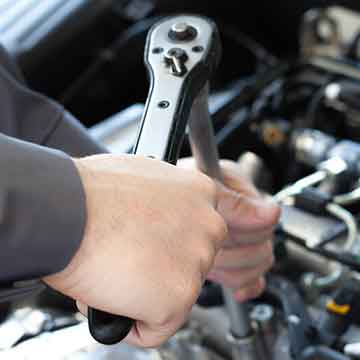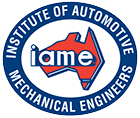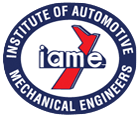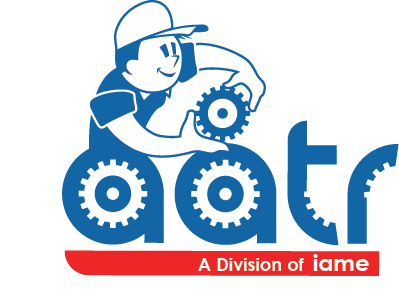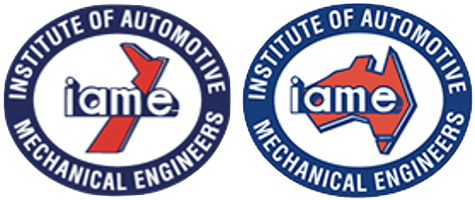Impact of Recent Fair Work Decision on Minimum Wage for Automotive Engineers
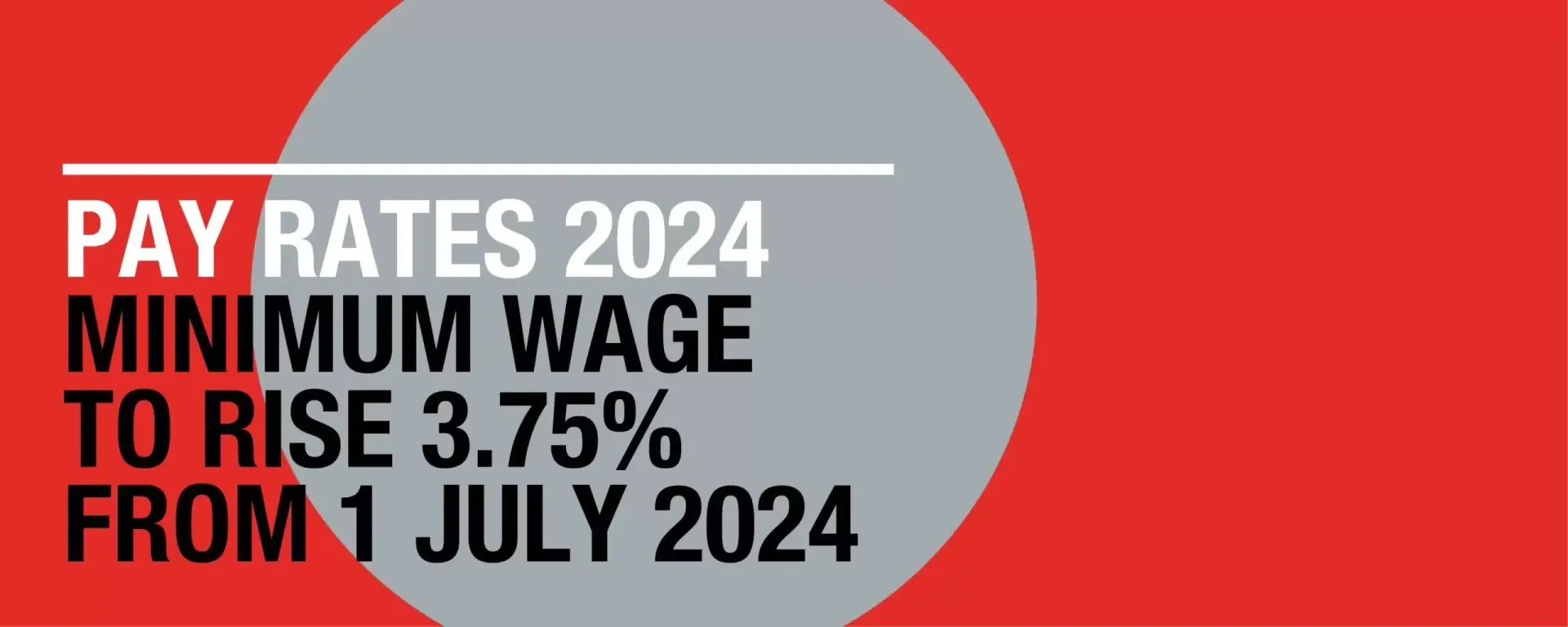
In a significant development for workers across Australia, the Fair Work Commission (FWC) has announced a 3.75% increase in the national minimum wage. This decision, effective from July 1, 2024, aims to provide some relief amidst the ongoing cost of living crisis affecting many Australians. For members of the Institute of Automotive Engineers (IAME), this wage increase not only represents a boost in earnings but also signals a step towards mitigating the financial pressures faced by workers in the automotive industry.
Wage Increase Details
The new decision raises the national minimum wage to $24.10 per hour, translating to $913.91 per week. For those in the automotive engineering sector, particularly entry-level and low-wage workers, this adjustment could mean an additional $33 per week, totalling approximately $1,716 extra annually. Overall, this wage increase affects about 2.6 million workers — equivalent to 20.7 per cent of the national workforce.
Addressing the Cost of Living Crisis
Australia is currently grappling with a cost of living crisis characterized by rising housing costs, increased utility bills, and higher prices for essential goods and services. This economic pressure is felt acutely by many, including those in the automotive engineering field, where operational costs and personal expenses have soared.
The wage increase by the Fair Work Commission provides several potential benefits:
Enhanced Disposable Income
- With the rise in minimum wage, automotive engineers will see an increase in their take-home pay. This additional income can help cover daily expenses, from groceries to transportation, easing the financial burden on individuals and families.
Improved Living Standards
- Higher wages contribute to improved living standards. Engineers and technicians will be better positioned to afford quality housing, healthcare, and education, contributing to overall well-being.
Economic Stimulus
- An increase in disposable income can stimulate economic activity. When automotive engineers spend their additional earnings on goods and services, it supports local businesses and potentially leads to job creation, fostering a more robust economy.
Mental Health and Job Satisfaction
- Financial stress is a significant factor affecting mental health. By alleviating some financial pressures, the wage increase can lead to better mental health outcomes and higher job satisfaction, which in turn can enhance productivity and job performance in the automotive sector.
Sector-Specific Implications
For the automotive engineering industry, the wage increase has several specific implications:
Talent Attraction and Retention
- Competitive wages are crucial in attracting and retaining skilled professionals. The wage increase can make the automotive engineering sector more appealing to new graduates and experienced engineers alike, helping to address skill shortages.
Operational Costs and Profit Margins
- While the wage increase is beneficial for employees, it may pose challenges for employers in terms of higher labour costs. Automotive firms will need to balance these increased wages with their profit margins, potentially re-evaluating pricing strategies and operational efficiencies.
Training and Development
- With additional income, employees might be more inclined to invest in further training and professional development. This can lead to a more skilled workforce, driving innovation and efficiency within the industry.
The Fair Work Commission's decision to raise the minimum wage by 3.75% is a welcome change for many in the automotive engineering sector. It provides immediate financial relief and helps to address the broader cost of living challenges faced by workers. While employers will need to navigate the implications of higher wages, the long-term benefits of a more satisfied and financially secure workforce could lead to greater productivity and industry growth.
For members of the Institute of Automotive Engineers (IAME), staying informed about these changes and understanding their impacts is crucial. As the industry continues to evolve, both employees and employers must adapt to ensure that the automotive engineering sector remains competitive, innovative, and sustainable in the face of economic challenges.




